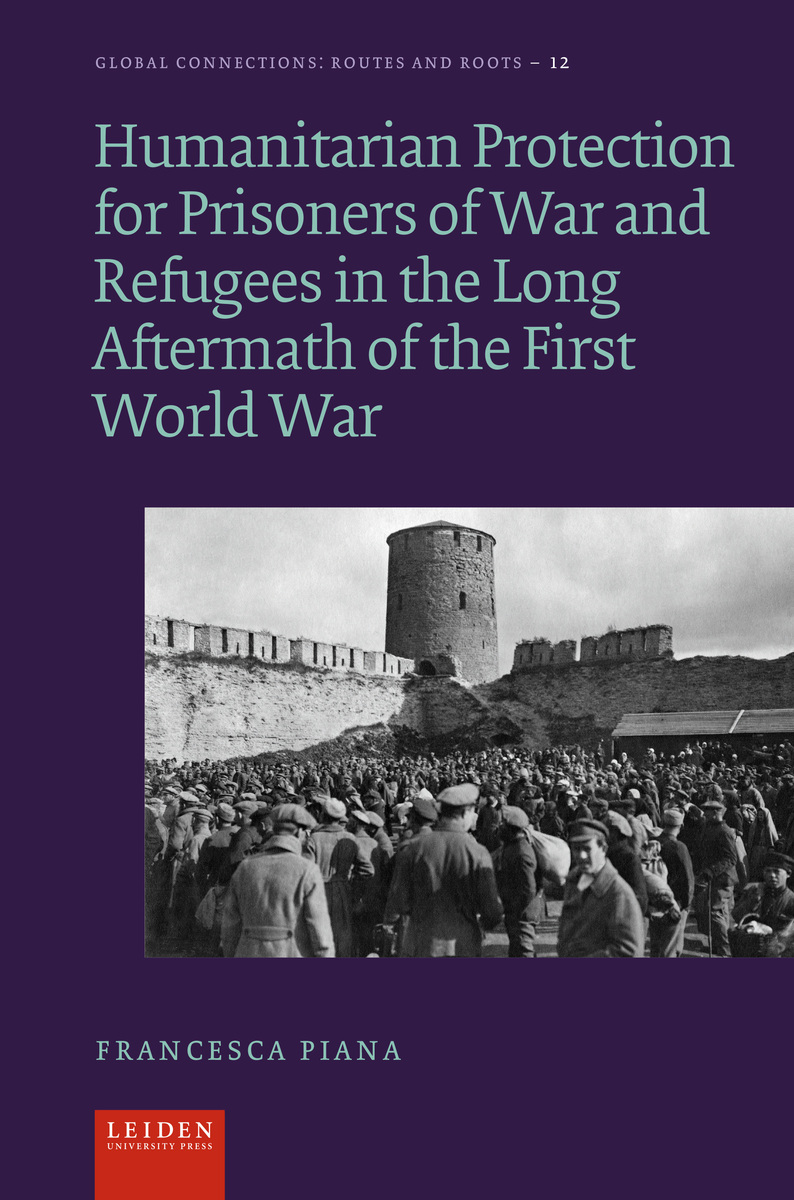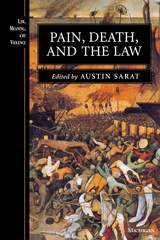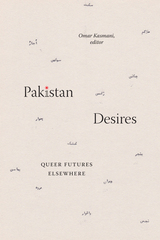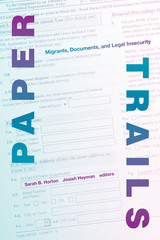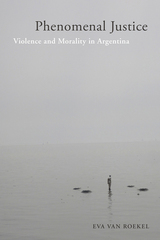Humanitarian Protection for Prisoners of War and Refugees in the Long Aftermath of the First World War
Leiden University Press, 2024
eISBN: 978-94-006-0462-9 | Cloth: 978-90-8728-421-3
See other books on: 20th Century | Human Trafficking | Intergovernmental Organizations | Refugees | War
See other titles from Leiden University Press
eISBN: 978-94-006-0462-9 | Cloth: 978-90-8728-421-3
ABOUT THIS BOOK | AUTHOR BIOGRAPHY | TOC
ABOUT THIS BOOK
At the end of WWI, millions of prisoners of war and civilians were displaced across Europe, the South Caucasus, and the Eastern Mediterranean. While many made their way home, genocide, revolution, and post-war instability delayed the repatriation of prisoners of war from Russia and the Central Powers, while Russian and Armenian refugees were forced into exile. In response to the inconsistent efforts of governments, a series of international organizations intervened. Three of these—the International Committee of the Red Cross, the League of Nations, and the International Labour Organization—designed and implemented humanitarian, political, and legal measures to protect prisoners of war and refugees. By examining together international officers, national representatives, relief workers, experts, local staff, prisoners of war, and refugees, the book sheds new light on the plurality of agencies and spaces that determined the contours of humanitarian protection and refugee politics. From international negotiations to the everyday practices of care, the book argues for the emergence of a plural, discordant, and gendered governance of refugee protection. This is a history of both failures and innovations, of compassion and cynicism, set against a complex and ever-changing political backdrop.
See other books on: 20th Century | Human Trafficking | Intergovernmental Organizations | Refugees | War
See other titles from Leiden University Press
